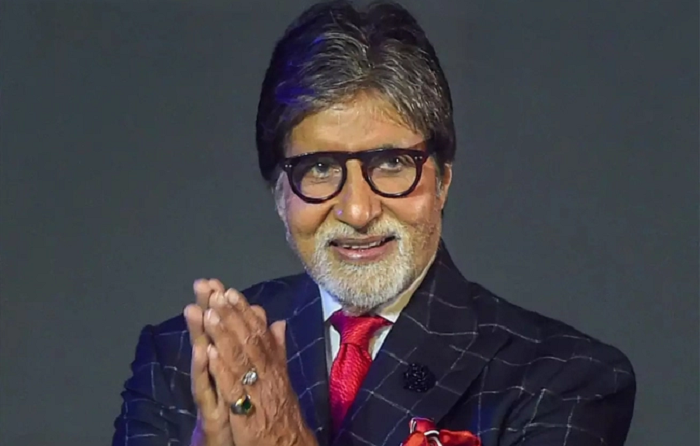
Mumbai, Aug 3: Megastar Amitabh Bachchan says he has immense gratitude for the doctors who provided him with medical care for Covid-19 and feels overwhelmed to be free of the virus finally.
Amitabh, on Sunday, tested negative for the novel coronavirus and was discharged from hospital.
The 77-year-old actor was admitted to Nanavati hospital along with son Abhishek after testing positive for Covid-19 on July 11. Abhishek, 44, is still positive and will remain under medical care.
"It has been heartening to be back from the Hospital after the ‘mukti’ from the coronavirus but a sour taste in the mouth when Abhishek has to still be in the medical care," Amitabh wrote in his blog.
The actor said doctors are tirelessly working towards battling the virus "each hour" through consultation, sharing of information and experience with their fraternity from other parts of the world which gives "the hope of repair."
"Assuring us each minute that ‘all shall be well’ , when in fact they themselves struggle to find that confirmed patent that can be used, delivered, executed to save lives and conditions from the virus.
"When I had addressed them as 'angels in white' I had never imagined that I would be supine in their midst to savour their angelic presence, as they give us hope, inspiration and the strength to fight. They are quite quite remarkable. My gratitude shall never fail for them... feeling bad for Abhishek .. prayers he comes home soon," he added.
On Sunday, Abhishek thanked well-wishers for their continued support and said he would remain under medical care.
"I, unfortunately, due to some comorbidities remain Covid-19 positive and remain in hospital. Again, thank you all for your continued wishes and prayers for my family. Very humbled and indebted. I'll beat this and come back healthier! Promise," he wrote.
Abhishek's wife, actor Aishwarya Rai Bachchan, 46, and eight-year-old daughter Aaradhya were discharged from the hospital on Monday after testing negative for Covid-19.







Comments
This law violates the fundamentals of the Indian constitution. Whey they are seeing the Muslims angle first?
It looks that they are misinforming the public by diverting into a Muslim only issue. If that was the case, why so many non-Muslims are protesting? I looks like Rajini has back-end support to the center's CAA move.
He is another crack, hamare desh main pagal logon ki kami nahi
What can expect from ex KSRTC bus conductor
clear sign of ZERO knowedge with Indian constitution.
Add new comment